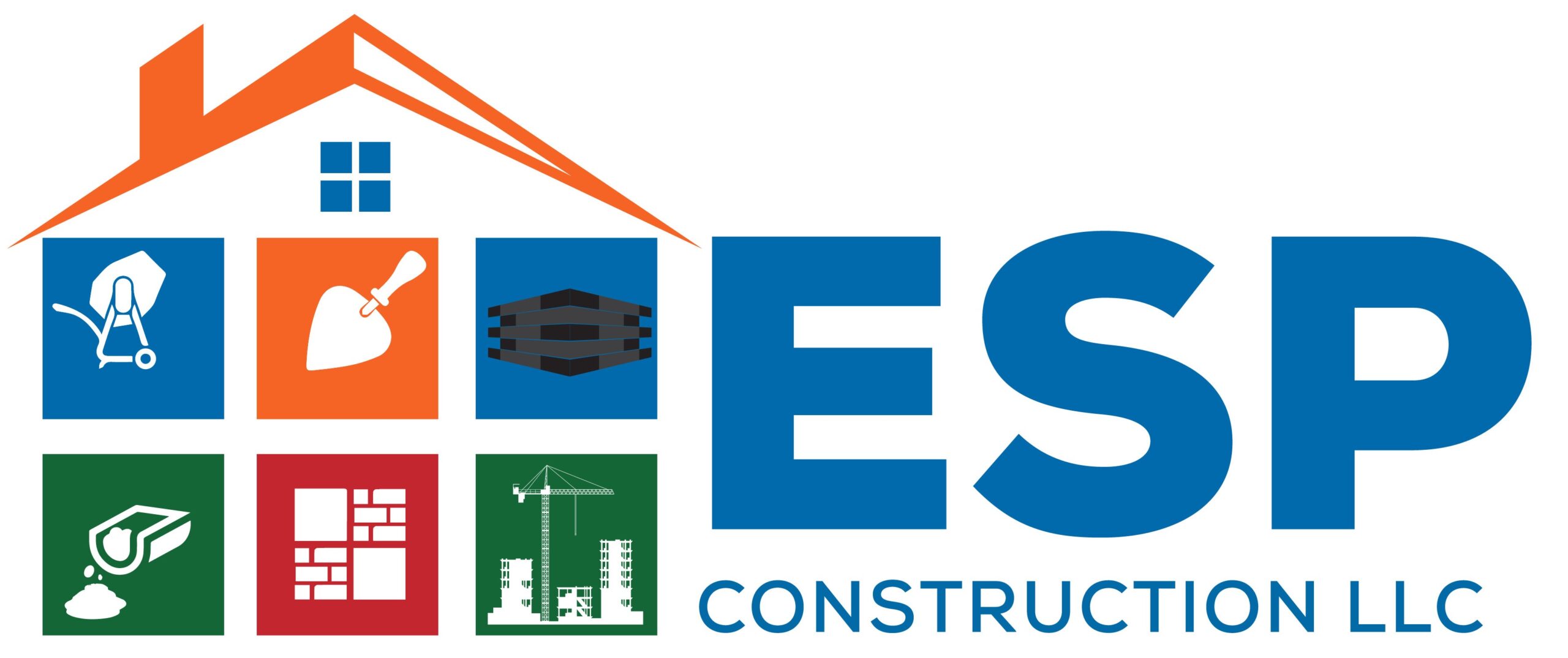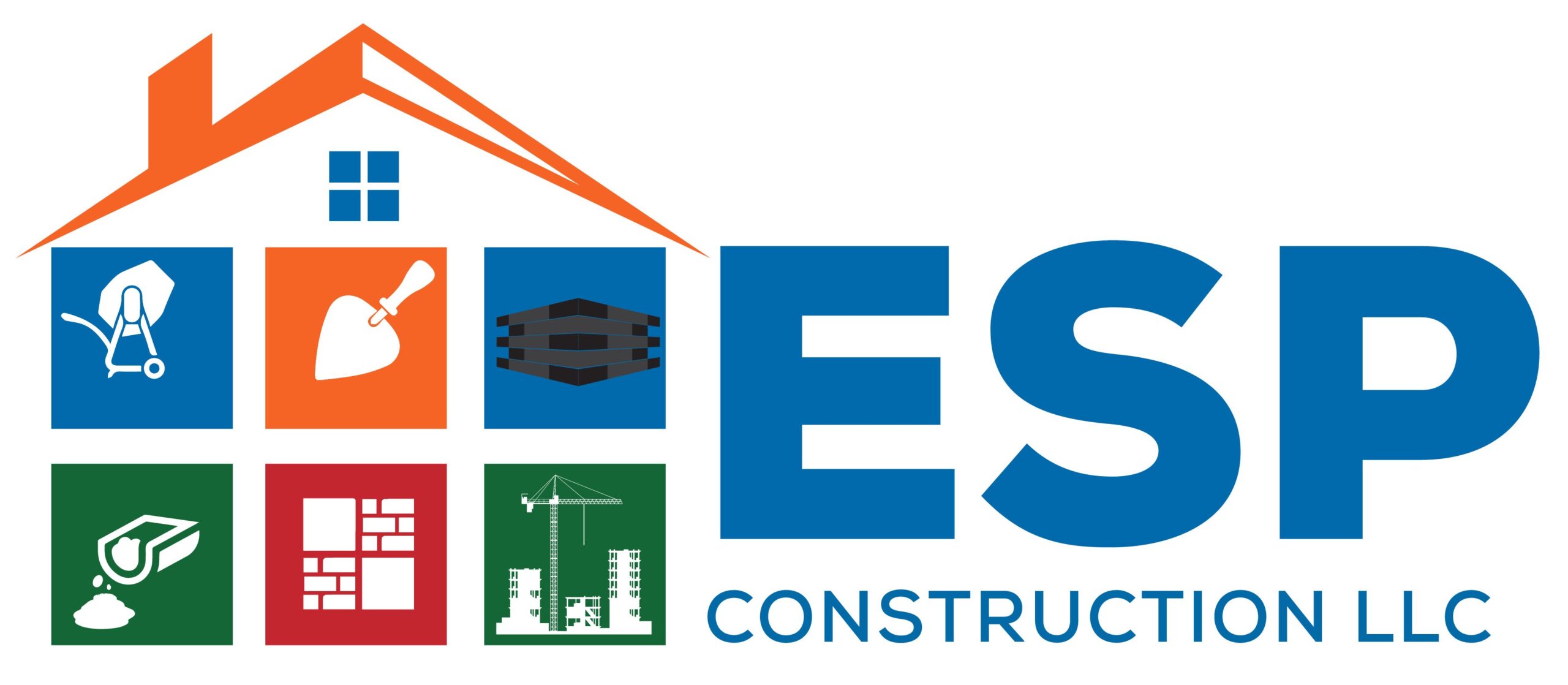If you’re considering enhancing the appearance, functionality, and durability of your property, choosing concrete flatwork is a wise decision. Whether you’re planning for a new driveway, sidewalk, patio, or any other concrete surface, understanding the costs involved is crucial. In this blog, we’ll explore the different elements impacting the budget for concrete flatwork projects. This breakdown will empower you to make well-informed decisions, guiding you on a path to transform your property into a modern design masterpiece.
Project Scope
The cost of concrete flatwork is heavily influenced by the type and scope of the project. Whether it’s a new driveway, sidewalk, patio, or any other concrete surface, the project’s size and complexity impact the overall cost. Choosing stamped concrete for decorative patterns or textures tends to be pricier than regular concrete, particularly due to intricate designs and customized finishes. It’s crucial to consider your project’s specific requirements when budgeting for concrete flatwork. Additionally, account for potential expenses like dirt removal or the use of a concrete buggy/pump in areas where a mixer truck can’t pour, as these factors contribute to the overall budget.
Permits and Regulations
Before starting your concrete flatwork project, it’s essential to check with your local authorities or Homeowners Association (HOA) to understand permitting and regulatory requirements. Ensure you factor in permit costs and compliance expenses in your budget. Obtaining necessary permits is often required, and there may be zoning or building code regulations to meet. Non-compliance can result in costly fines and delays, so it’s crucial to be aware of and adhere to the relevant regulations before initiating your project.
Materials and Design
When it comes to Concrete Flatwork, the variety of types, styles, and finishes offers plenty of choices. Your decisions regarding materials and design elements will significantly impact the overall cost of your project. While traditional gray concrete is a cost-effective option, it may not provide the aesthetic appeal you desire. If you’re seeking a more attractive finish, alternatives like stamped concrete, colored concrete, exposed aggregate, and decorative overlays are at your disposal.
Each option comes with its associated price. For instance, stamped concrete mimics the look of various materials and adds elegance to your project, but it can be pricier than a basic concrete pour. The intricacy of the design and higher material costs contribute to the overall expenses.
Site Preparation
The condition of your project area plays a crucial role in determining the budget for your concrete flatwork. If there’s a need for demolition or extensive excavation of the existing surface for the new concrete, it adds to the overall cost. Proper site preparation is essential for the long-term durability and success of your concrete flatwork, making it an area where cutting corners is not advised.
Factors like soil type and drainage issues can further impact preparation costs. Collaborating with a professional contractor, such as ESP Construction, is vital for site assessment and recommended preparations to ensure project success.
Labor Costs
Labor costs constitute a significant portion of your concrete flatwork budget, varying with project complexity and required skill level. Basic concrete pouring may require a smaller crew and less expertise compared to intricate stamped concrete designs, which demand skilled workers for accurate pattern imprints.
When selecting a contractor, consider their experience and qualifications. While experienced professionals may charge slightly more, their expertise can result in a higher quality and longer-lasting finished product.
Location and Climate
The geographic location of your project can impact the cost of concrete flatwork. In some regions, materials and labor may be more expensive due to higher demand and living costs. Climate also plays a role, as extreme weather conditions may necessitate additional measures like reinforcement or special curing methods.
Taking your location into account during budgeting is crucial. Consult with local professionals like ESP Construction who understand the specific challenges and requirements of your area.
Long-Term Costs
While budgeting for initial construction costs is crucial, considering long-term maintenance expenses is equally important. Proper maintenance, including sealing and occasional repairs, is essential for extending the life and appearance of your concrete surface.
Budgeting for regular maintenance can save money by preventing more significant issues that might require costly repairs or replacements.
How to Estimate the Cost of Concrete Flatwork
To estimate the cost of your concrete flatwork project, you need to determine the going rate for services in your area. Rates vary based on local market conditions, labor costs, and material prices. In Houston, TX, for example, the cost per square foot ranges from $5 to $15 or more. Keep in mind that this is a general range, and the actual cost depends on project specifics.
For an accurate estimate, reach out to a local concrete contractor like ESP Construction LLC. They offer free estimates through on-site consultations, providing detailed and tailored cost estimates based on your specific needs and location.
Conclusion
Budgeting for a concrete flatwork project involves careful consideration of various factors. Understanding your project type, material needs, site preparation, and more helps create a realistic and comprehensive budget. If you’re in the Houston area, consider reaching out to ESP Construction for professional assistance. We offer expert concrete paving services and can provide a free on-site consultation and a detailed estimate for your concrete project. Contact us today to turn your vision into reality – your property deserves the best, and ESP Construction is here to deliver it!
Contact Us Today!

